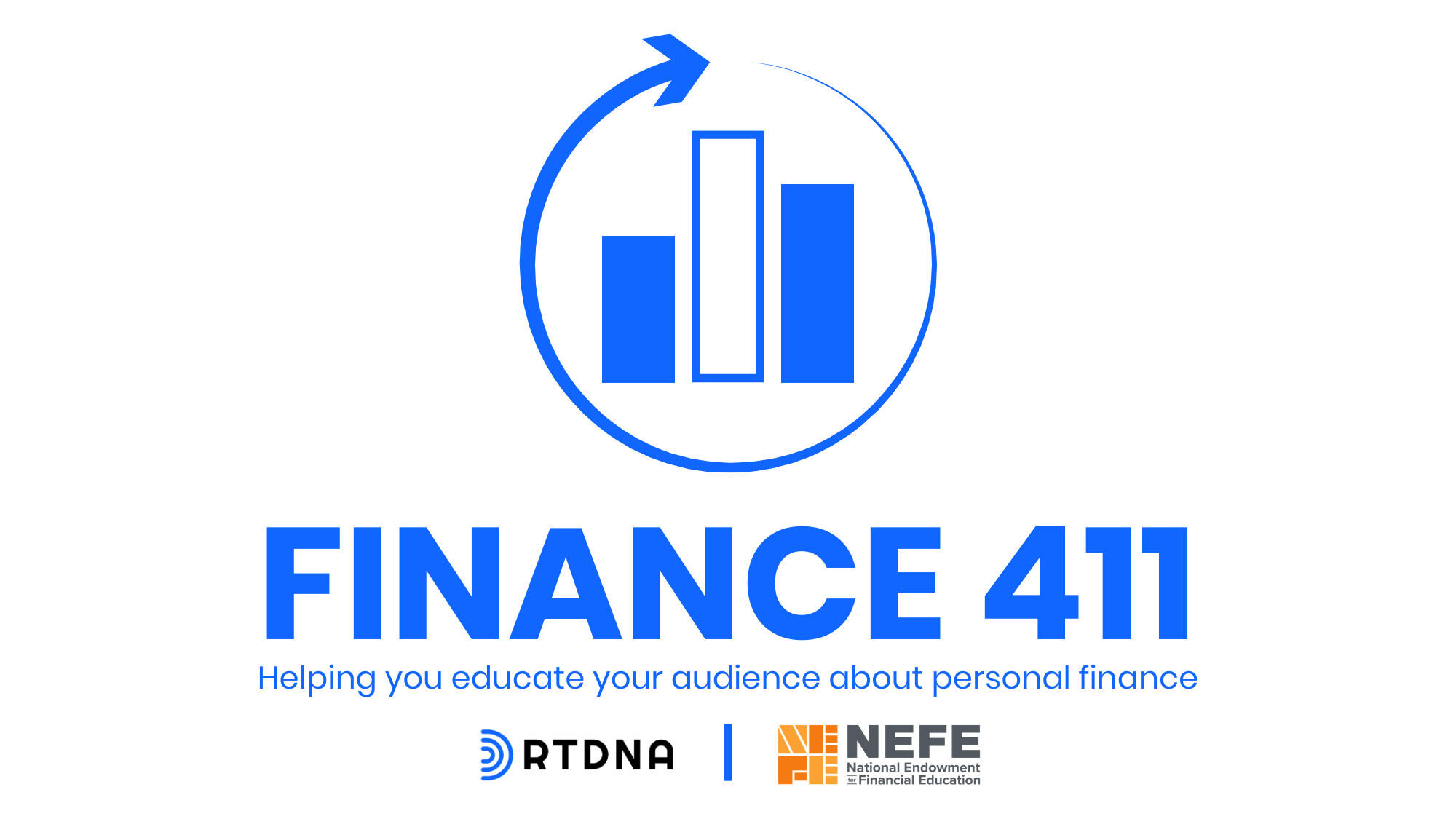Money Matters: What's the deal with withholding?

The new tax law signed just before the end of 2017 was a big story earlier this year as individuals and businesses looked for information about how it would affect their tax bills. But now, your news audience may actually be seeing some of the effects – including some potentially unanticipated effects – of the overhaul.
For example, a new Government Accountability Office report says more Americans may find actually themselves writing the IRS a bigger check come April.
Most estimates showed, setting aside the many individual tax circumstances, the tax changes would lead to a lower tax bill for average middle-income households. So why might more Americans owe the IRS in April?
It isn’t necessarily that their tax bills are increasing, but rather that their employers may not be withholding enough from their paychecks. That means bigger paychecks now, but also bigger tax bills later.
New withholding guidelines for employers, hurriedly issued by the IRS and the Treasury Department following the passage of the new tax law which went into effect this year, may not be accurate for individuals in all circumstances, the report says.
Back up.
What is withholding? How is it calculated? Can you ask your employer to adjust your withholding? How do you know if your withholding should be adjusted? Who might be affected by the underwithholding issue?
These are all questions your news audience may be wondering. Picture an MOS: “When is the last time you updated your withholding?”
Similarly, employers in your coverage area may not know their current withholding calculations could be off. This is a good opportunity for a refresher: defining terms, creating clear graphics and using lots of examples.
Have you told a compelling story that helps people understand taxes? Submit it for a chance to cash in yourself!
Weekly Money Matters personal finance content for your newsroom is sponsored by the National Endowment for Financial Education.
